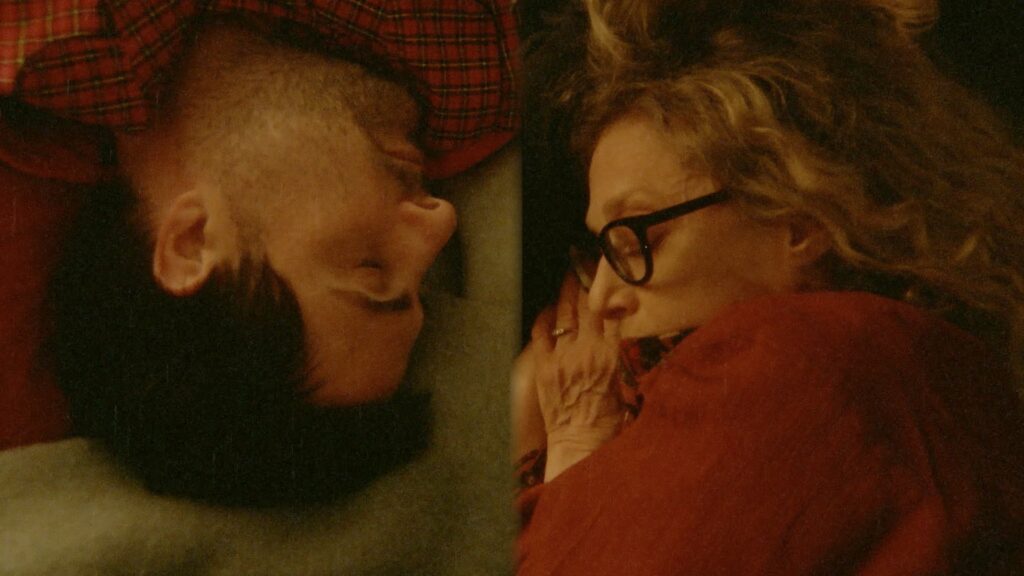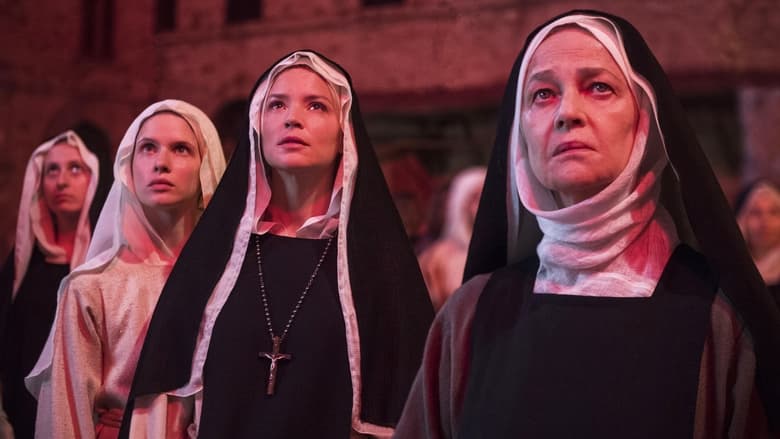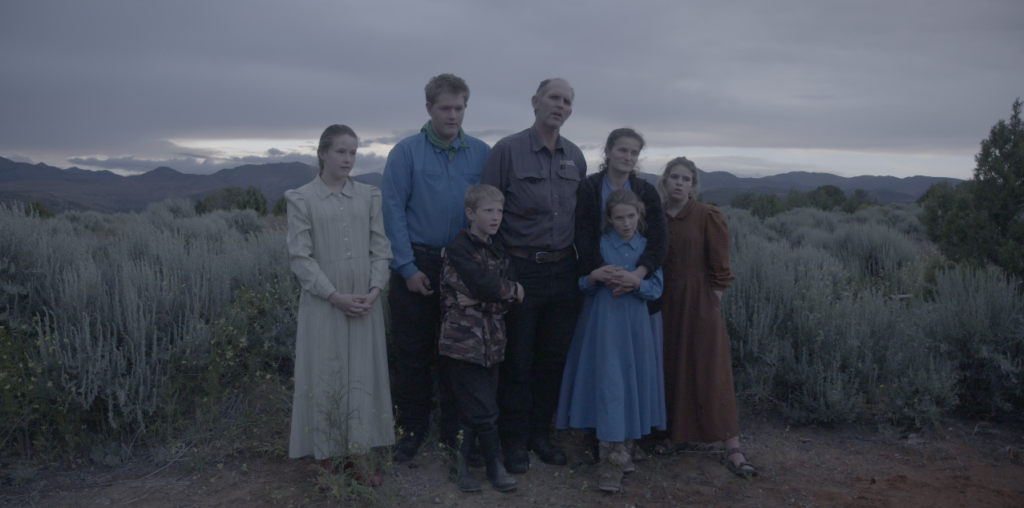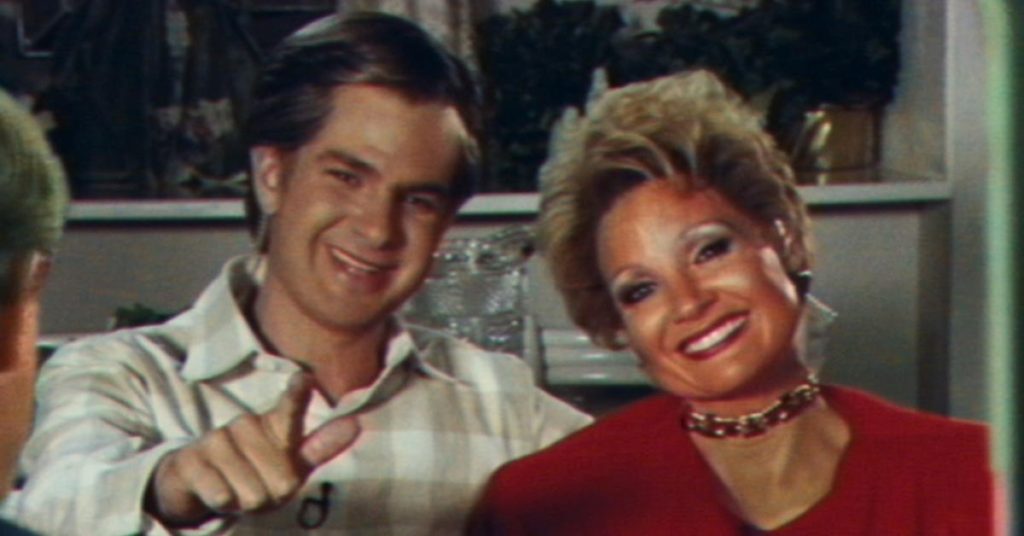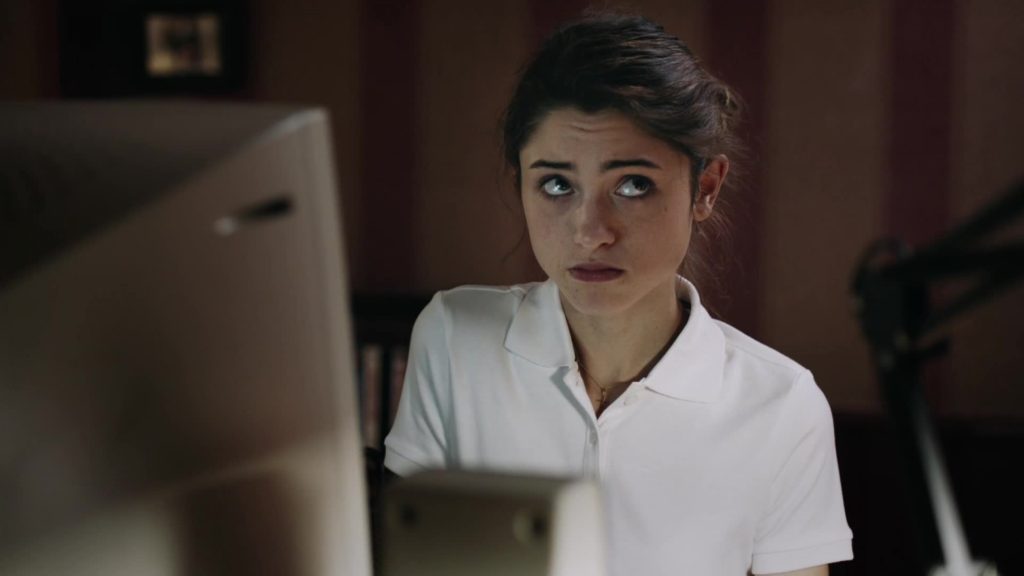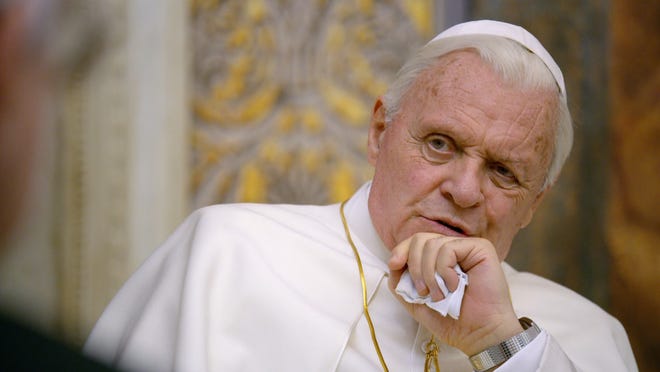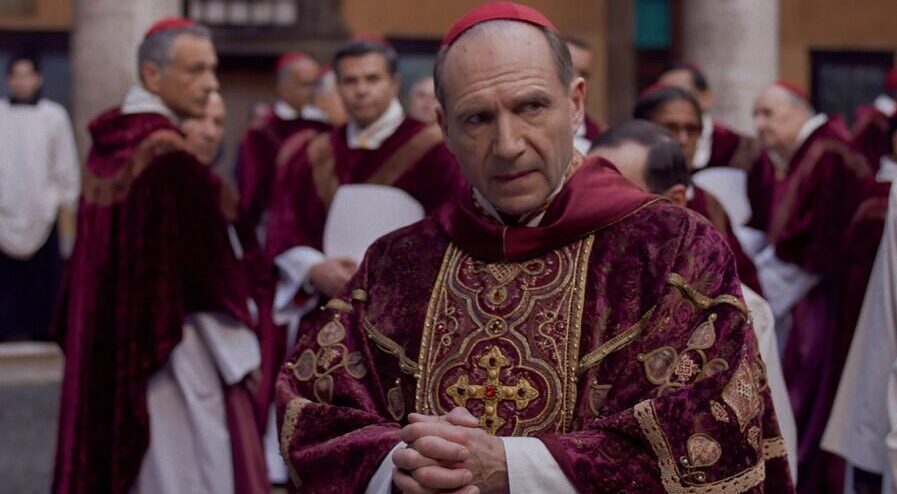
In the satisfying thriller Conclave, the pope dies and all the cardinals gather in the Vatican to elect a new pope. Cardinal Lawrence (Ralph Fiennes) has the responsibility for organizing and presiding over the election.
Cardinals may be princes of the Church, but they arrive like other business travelers; they’re towing their rolling luggage, obligingly going through the metal detector and huddling outdoors for a quick last smoke. They are put up in surprisingly spare Vatican rooms (far less adorned than a suite in a Courtyard by Marriott). The nun who is the pope’s household manager (Isabella Rossellini) imports a battalion of nuns to cook for and serve the cardinals.
Lawrence has to keep pivoting as weird things begin to happen. There’s a rumored secret report that no one can find. A noisy midnight fracas erupts in one of the cardinals’ rooms. There’s a earthquake-like rumbling noise outside. And a cardinal arrives who no one had known about, having been secretly appointed by the late pope.
Now can you call a movie with septuagenarians padding about in embroidered robes a “thriller”? You bet. Plot twists fall like dominoes, all the way up to an absolutely unpredictable gobsmack of an ending. Conclave’s screenplay was adapted from Robert Harris’ novel.
Of course, this setting is perfect for conspiracies and cover-ups. The Vatican has been mastering clandestine intrigue for over a millennium.
The story is perfectly paced by director Edward Berger, whose last film, All Quiet on the Western Front, was nominated for nine Oscars and won four. Conclave, too, is award-worthy – Berger fills the screen with stunning images: the white-mitred cardinals listening to a homily, the cardinals in their richly red robes arrayed behind tables in the Sistine Chapel, and a flock of white umbrellas being carried across a Vatican plaza.
The cast is first-rate, led by Fiennes, whom The Wife pointed out is in every scene. His Lawrence is a product of more liberal modern times, yet pragmatic about what changes are possible in the hidebound institution. Lawrence loyally carries our his duties to the Church while undergoing his own internal crisis of faith.
Isabella Rossellini’s nun is formidably fierce and tightly restrained (until she isn’t). Stanley Tucci is excellent as a respected idealogue who strains to cover up his own brittleness. John Lithgow, as one of the most ambitious cardinals, exudes oleaginous sanctimoniousness. Lucian Msamati projects the jolly confidence of a man who expects to become the first African pope. I especially admired Sergio Castellitto’s performance as a reactionary papal candidate; the character could easily have been portrayed as a cartoonish villain, but Castellitto’s unrelenting charm offensive and his gregarious energy make him a credible challenger to the others.
The newly discovered cardinal is played by Carlos Diehz in his first feature film. Diehz emanates a profound, magnetic sincerity. There is no movie here without Diehz’ quiet gravitas.
Conclave is the first big Oscar-bait movie of the 2024 Holiday season, and it will earn both popularity and prestige.

